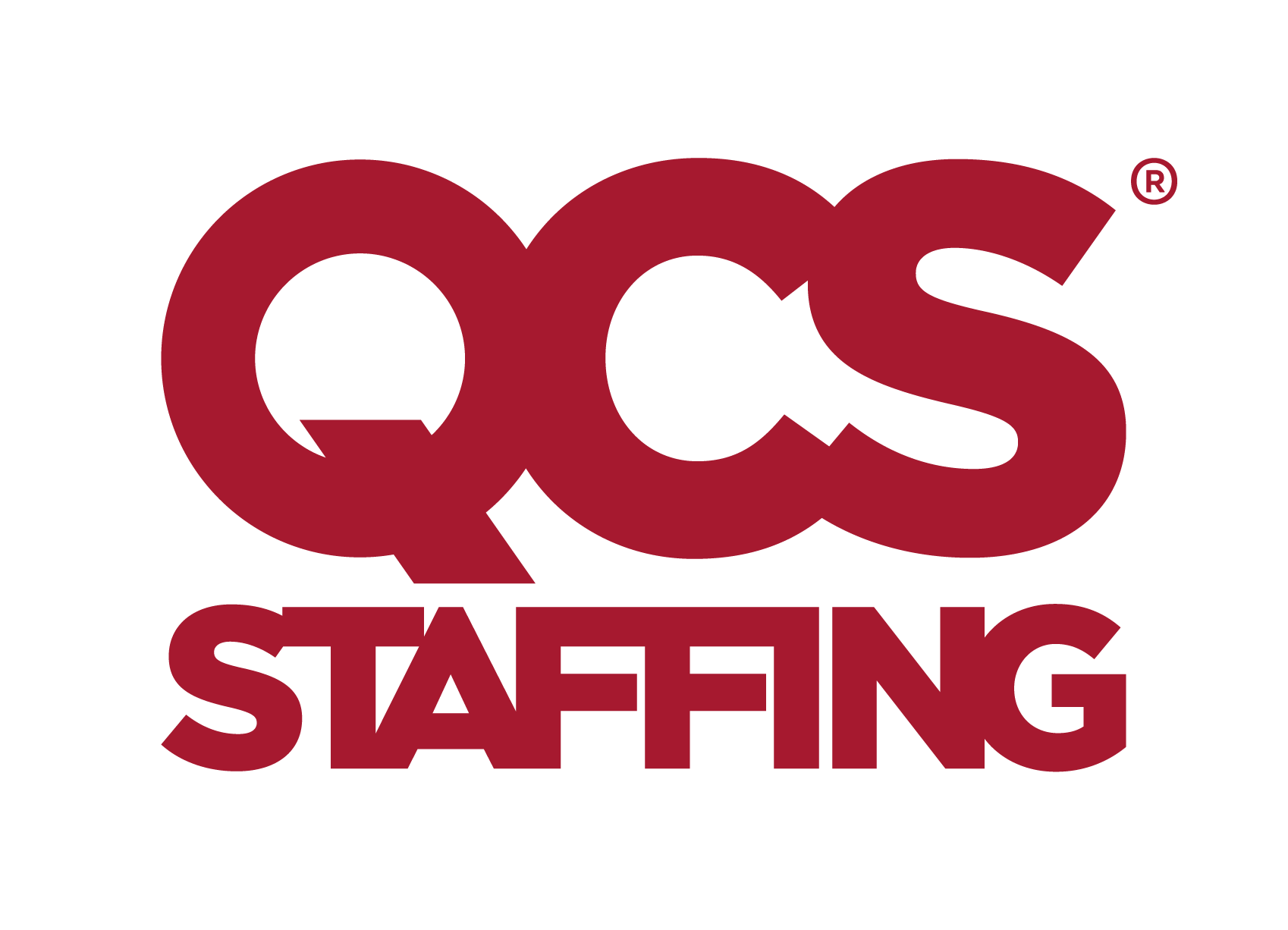Why Data Centres Are the Backbone of the Digital Economy
In our increasingly connected world, data centres quietly power much of the technology we rely on every day. They’re
the engine room of the digital economy, keeping our digital lives running
smoothly. As this sector continues to grow, so does the need for skilled people
to help build, maintain, and secure these vital systems. Whether you’ve been
working in tech for years or you’re just starting out, a career in data centres
offers real stability, great progression, and the chance to be part of
something that’s shaping the future.
What Is a Data Centre?
At its core, a data centre is a
purpose-built facility that houses the technology needed to keep our digital
world running. Inside, you’ll find rows of servers, storage systems, networking
equipment, and cooling infrastructure - all working together to store, process,
and manage vast amounts of data. These centres are designed with security,
efficiency, and reliability in mind, ensuring that critical services stay
online around the clock.
Think about the apps you use every day, this could be
streaming a film, checking your bank balance, or accessing work files remotely.
Behind the scenes, datacentres are making all of that possible. They support everything from
enterprise software and cloud platforms to government systems and AI tools.
Without them, the digital services we rely on simply wouldn’t function.
For professionals working in this space, it’s rewarding to
know that your role directly contributes to keeping the digital economy moving.
Whether you're maintaining hardware, supporting applications, or securing
sensitive data, you're part of a vital ecosystem that touches nearly every
aspect of modern life.
The Role of Data Centres in the Digital Economy
Data centres play a central role in keeping the digital economy running - and for those involved in building and maintaining them, the impact is tangible. These facilities are far more than just server rooms; they’re complex, large-scale environments that support the infrastructure behind global connectivity, enterprise operations, and emerging technologies.
For businesses, governments, and tech providers, data centres are essential. They enable:
- Cloud platforms – Hosting services like AWS, Azure, and Google Cloud that support everything from internal business systems to global applications.
- Enterprise operations – Providing the backbone for secure data storage, processing, and business continuity across industries.
- AI and machine learning – Delivering the high-performance computing power needed to train and deploy advanced models.
- Remote access and collaboration – Supporting secure, scalable access to networks and applications for distributed teams.
- Smart infrastructure – Powering IoT systems, automation, and digital transformation in sectors like manufacturing, energy, and transport.
Without data centres, none of this would be possible. They’re the foundation that allows organisations to scale, innovate, and operate efficiently. For professionals working on data centre projects, it’s a chance to contribute to something vital, future-focused, and constantly evolving.
Why Work in a Data Centre?
The global data centre industry is experiencing unprecedented growth, driven by the surge in cloud computing, AI, and digital transformation. From the EU to the US, new facilities are being built at record pace, creating thousands of career opportunities across technical, operational, and strategic roles.
Here’s why professionals from all backgrounds are making the move into data centre careers:
1. High Demand and Job Security
As digital transformation accelerates, companies are investing heavily in data centre infrastructure. This means long-term job stability and a wide range of opportunities across regions.
2. Diverse Career Paths
Modern data centres rely on a wide range of professionals to keep operations running smoothly. At QCS Staffing, some of the most in-demand roles include:
- Facilities Technicians & Engineers – Maintaining uptime, managing cooling and power systems, and ensuring critical infrastructure stays online.
- Commissioning & Project Managers – Leading build and handover phases across major European hubs.
- Design & Electrical Engineers – Creating efficient layouts and systems for new and expanding facilities.
- Network & Infrastructure Engineers – Supporting connectivity, troubleshooting, and performance optimisation.
- Health & Safety Leads – Overseeing compliance and safety across construction and operational environments.
Whether you're starting out as a technician or transitioning from IT, engineering, or security, there’s a clear path into the sector.
Training, Certification & Career Progression
Many employers in the data centre space offer structured training programs, vendor certifications (like Cisco, CompTIA, or Uptime Institute), and internal mobility. It’s common to see professionals progress from entry-level roles into senior engineering, project management, or even global operations leadership.
4. Global Mobility
International Opportunities
With hyperscale and colocation facilities located across major tech hubs, data centre professionals often have the chance to work abroad or contribute to international projects. For candidates open to relocation, cities like Dublin, Amsterdam and Frankfurt, offer vibrant ecosystems and competitive packages.
Skills That Make You Stand Out
If you're considering applying for a data centre role, here are some key skills and attributes that hiring managers look for:
- Technical proficiency: Knowledge of hardware, networking, and systems administration.
- Problem-solving ability: Quick thinking and troubleshooting under pressure.
- Attention to detail: Especially important in security and compliance roles.
- Team collaboration: Working effectively with cross-functional teams.
- Adaptability: Staying current with evolving technologies and protocols.
Certifications such as CompTIA, Cisco (CCNA), and AWS or Azure credentials can also boost your resume.
Final Thoughts
As the digital economy continues to expand, data centres remain at the heart of its infrastructure, quietly powering everything from cloud platforms and AI to remote work and smart cities. At QCS Staffing, we help professionals considering their next move providing a chance to be part of a global, future-facing industry that’s essential to how we live, work, and connect. Check out our live roles, or send us your resume to find out more!






.png?v=800af57f2f041ef8ce560a671fee9cb1)
